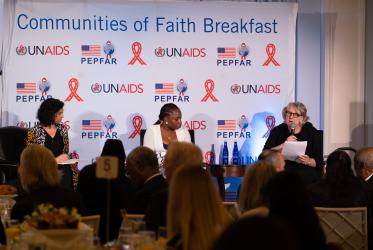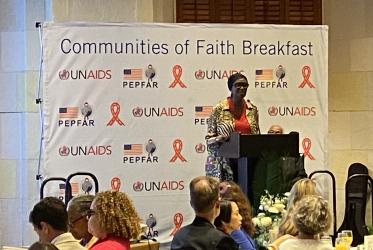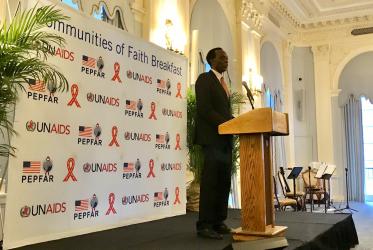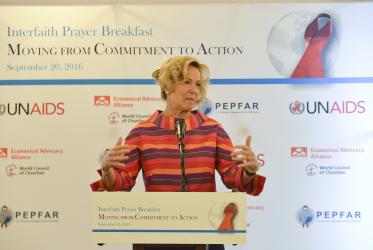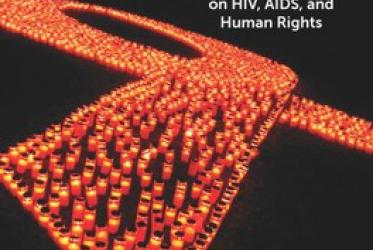Displaying 1 - 17 of 17
Turning mercy and compassion into action
04 March 2019
Faith on the fast-track - for children living with HIV
13 September 2017
UN discussion focuses on women, HIV and property rights
21 March 2017
Faith-based groups bring hope for a fast-track HIV response
20 September 2016
WCC book featured in UN discussion on gender, religions and health
16 September 2016
United Nations High Level Meeting on AIDS
06 May 2016
